Alliance Leadership and Contribution to CGIAR’s Research and Innovation
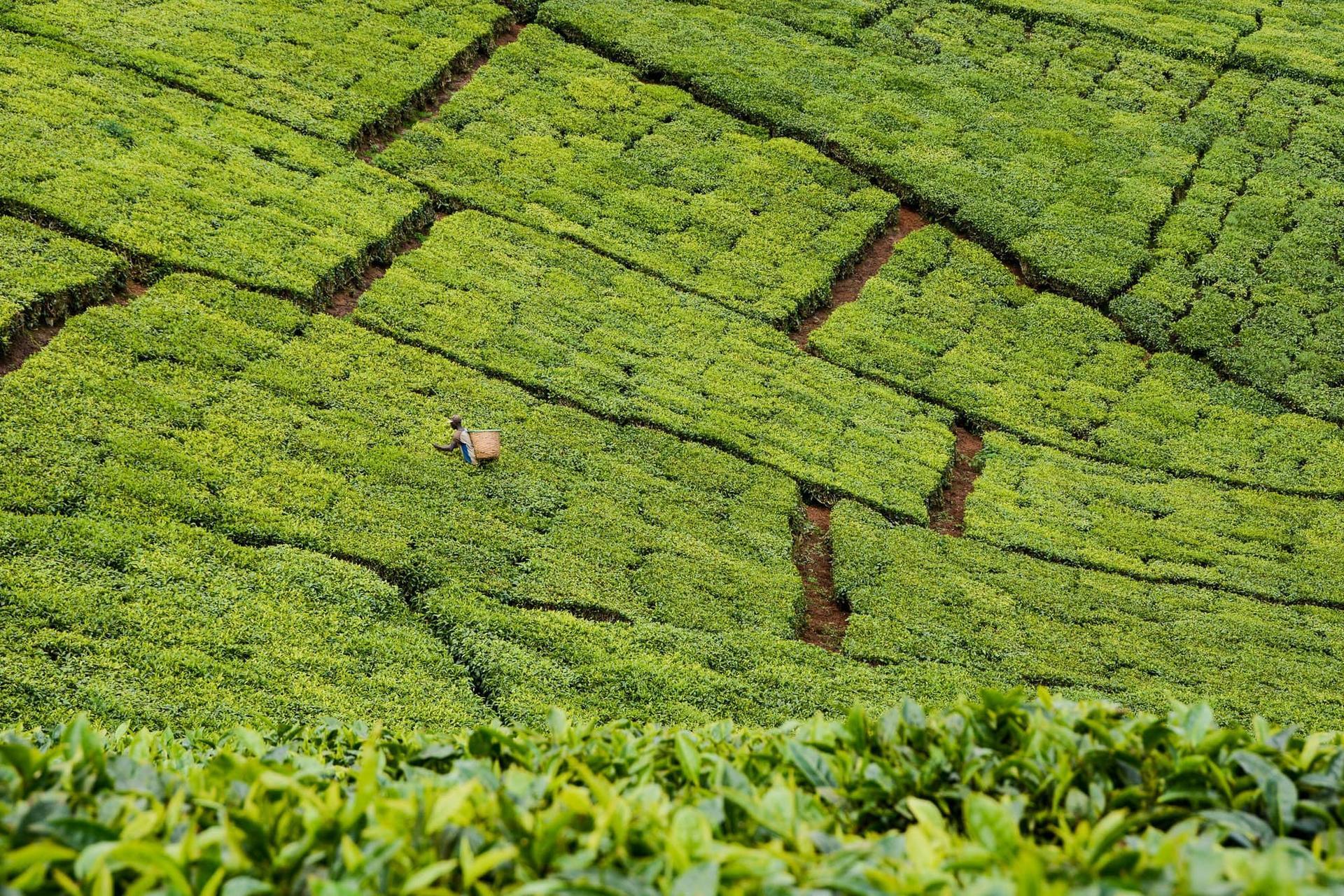
The Alliance is one of the 15 global research-for-development centers within the CGIAR partnership, working together to produce “science for humanity's greatest challenges”. The CGIAR’s research is structured around thematic initiatives, many of which are led or co-led by the Alliance’s research teams. CGIAR has also established platforms on impact assessment, sustainable finance, and more, whose activities and online platforms are managed by the Alliance. Explore the variety of CGIAR initiatives and platforms below, with insights on how they are creating global impact.
CGIAR Platforms Led by the Alliance
These thematic platforms carry out dissemination activities both through events and digital networking, thus increasing the presence of the CGIAR at relevant events, and strengthening the impact of its global research, as well as its unique expertise and approach to finance and innovation. While the platforms receive contributions from multiple CGIAR centers, their activities, content and online dissemination are led by Alliance research and communication teams. Explore the breadth of these platforms here!

CGIAR Hub for Sustainable Finance
(Impact SF)
The CGIAR Hub for Sustainable Finance (Impact SF) is a key technical partner for sustainable finance actors, integrating science-based impact KPIs in all areas of the investment lifecycle. This includes investment design, pipeline development, investment screening, due diligence, implementation, post-investment monitoring, reporting, and verification (MRV). Building off CGIAR evidence, Impact SF offers an array of data-driven solutions empowering financial institutions and investors to de-risk investments by quantifying climate and environmental risks and impacts.

A4IP is a venture space that builds on CGIAR’s research and innovation to support both incremental and transformational innovation to address some of the world’s most pressing challenges at the nexus of agriculture, environment, and health. A4IP bridges science and entrepreneurship to incubate and accelerate scientific innovations and generates the impact and resources needed to support continued research in pursuit of the Sustainable Development Goals. The Alliance works with the CGIAR A4IP team to generate outputs and increase the reach of their work through events and communication tools.
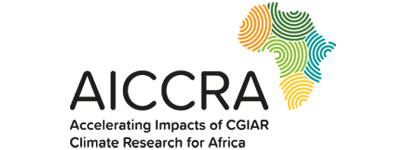
AICCRA: Accelerating Impacts of CGIAR Climate Research for Africa
Led by the Alliance, AICCRA has six country teams in Senegal, Mali, Ghana, Ethiopia, Kenya and Zambia who, alongside regional initiatives, work with national, regional and continental partners across Africa to increase access to—and use of—enhanced climate information services and validated packages of climate-smart agriculture innovations developed by CGIAR for smallholder farmers. AICCRA partnerships have reached seven million people since 2021, and the World Bank has committed USD 100 million in additional finance to AICCRA for the coming years.
CGIAR Initiatives with Alliance Contribution:
The Alliance’s scientists contribute to many of CGIAR’s multi-country projects, which work to transform food, land, and water systems, focusing on five priority areas: 1. Climate adaptation and mitigation, 2. Environmental health and biodiversity, 3. Gender equality, youth and social inclusion, 4. Nutrition, health and food security, and 5. Poverty reduction, livelihoods and jobs.
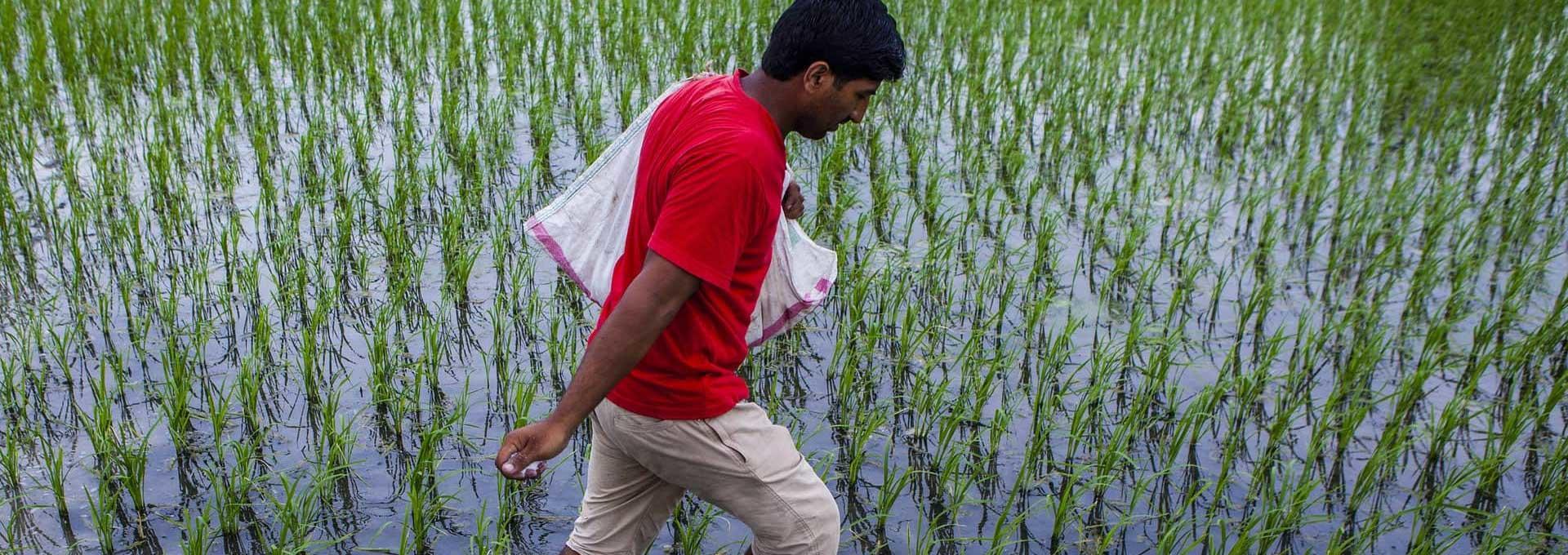

Climate adaptation & mitigation
This initiative will transform the climate adaptation capacity of food, land and water systems in six low- and middle-income countries, ultimately increasing the resilience of smallholder production systems to withstand severe climate change effects like drought, flooding and high temperatures.
Mitigate+: Low-Emission Food Systems
This initiative works closely with key actors in the target countries so that they are equipped with the knowledge, information, and tools they need to make robust evidence-based decisions as they confront challenges in food system discourse, policy development, and implementation to reduce greenhouse gas emissions.
Diversification in East and Southern Africa
This initiative aims to address food and nutrition security risks in the region arising from an overreliance on maize through a climate-resilient, water-secure, and socially inclusive approach.
Fragility to Resilience in Central and West Asia and North Africa
This initiative is building resilient agrifood systems that can withstand the impact of climate change, generate economic opportunities, and deliver better incomes and livelihoods for rural communities in these regions.
This initiative addresses the challenges that climate change poses to livestock production, supporting livestock-dependent communities without accelerating greenhouse gas emissions or degrading land, water, and biodiversity.
This initiative aims to create resilient, inclusive and productive deltas that maintain socio-ecological integrity, adapt to climatic and other stressors and support human prosperity and well-being.
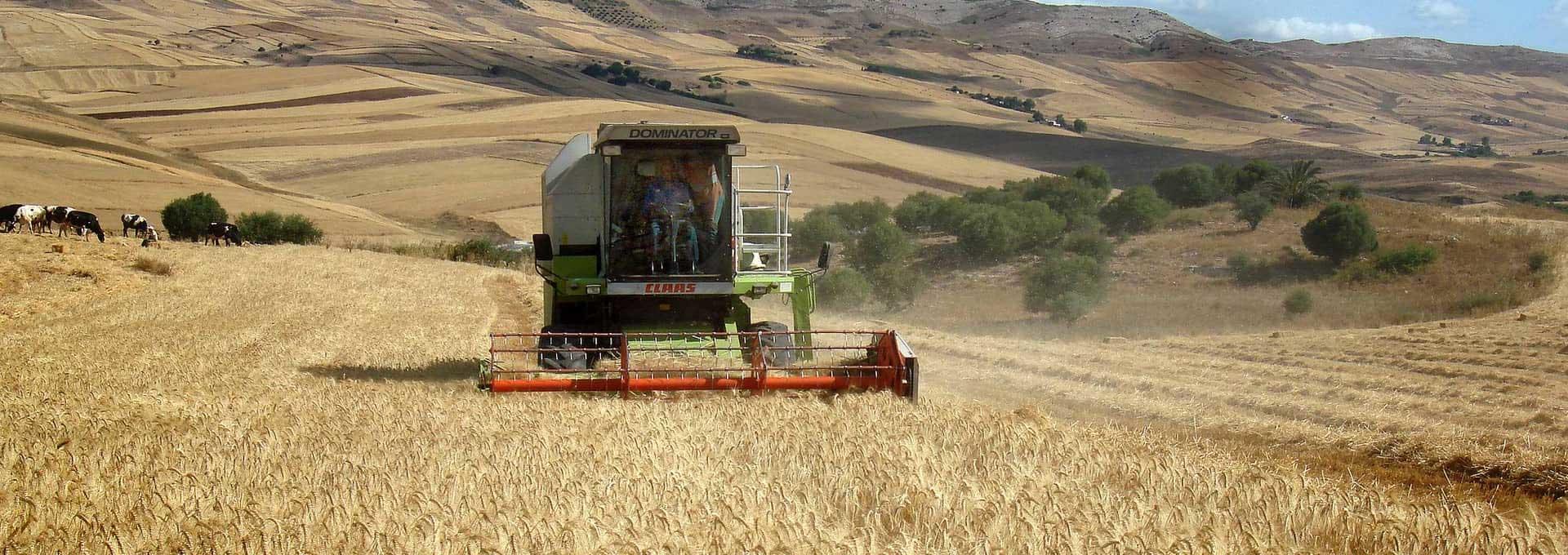

Environmental health & biodiversity
This initiative aims to develop and scale agroecological innovations with small-scale farmers and other agricultural and food system actors across different socio-ecological contexts in seven low- and middle-income countries.
This initiative works at the critical intersection of food, energy, and water security while preserving the ecosystems underlying food systems in selected transboundary river basins.
This initiative aims to re-imagine, co-create and implement nature-positive solutions-based agri-food systems that equitably support food and livelihoods while ensuring that agriculture is a net positive contributor to biodiversity and nature.
This initiative aims to strengthen the global genebank system in conserving and making available a wide variety of plant genetic resources vital for the development of climate-adapted crops and resilient food systems.
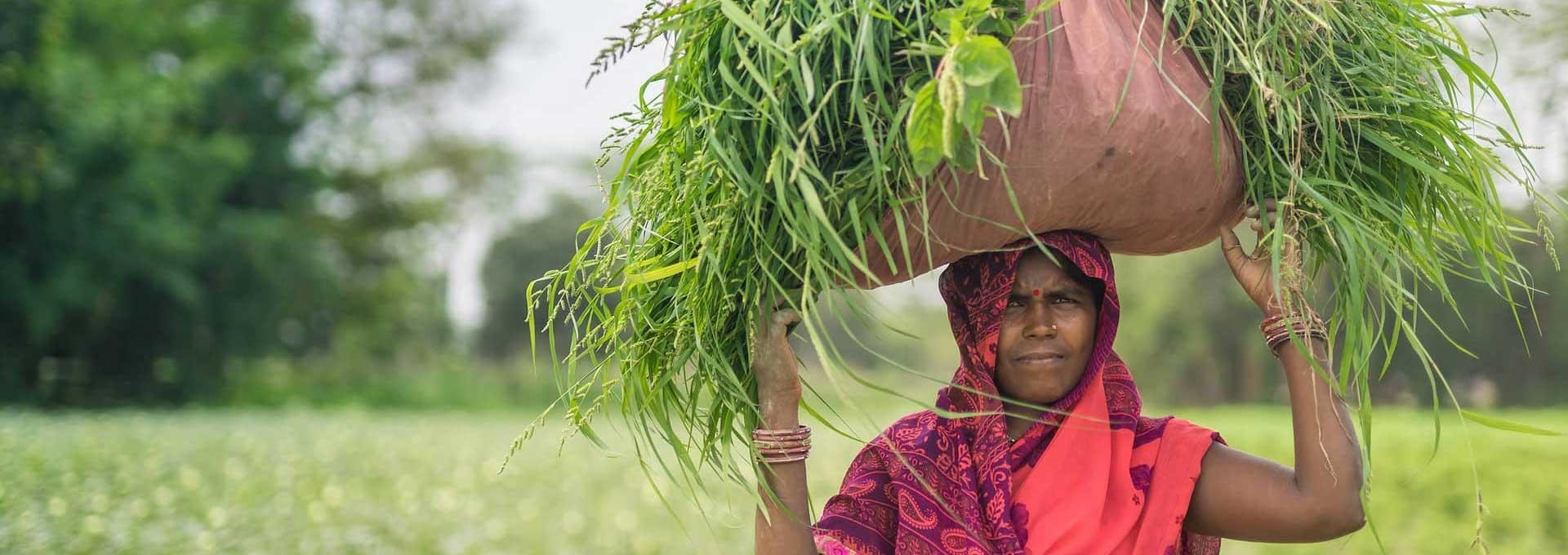

Gender equality, youth & social inclusion
Fragility, Conflict, and Migration
This initiative addresses challenges to livelihood, food, and climate security faced by some of the most vulnerable populations worldwide. The Initiative focuses on building climate resilience, promoting gender equity, and fostering social inclusion.
This initiative aims to use impactful gender research to address the four dimensions of gender inequality by applying gender-transformative approaches to harmful norms, bundling socio-technical innovations for women’s empowerment, leveraging social protection to increase women’s access to and control over resources, and promoting inclusive governance and policies for increased resilience.
This initiative brings together strategic information on future crops, market segments and trait priorities aligned to the needs and preferences of farmers, agri-business and consumers.
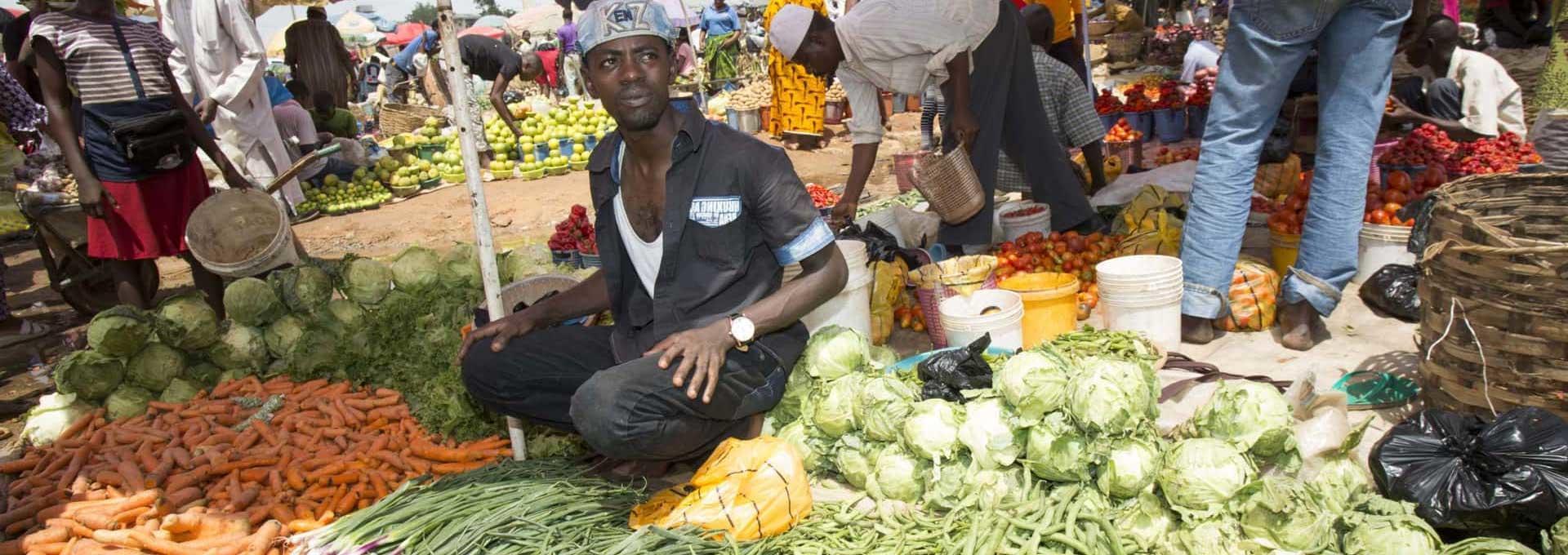

Nutrition, health & food security
Fruit and Vegetables for Sustainable Healthy Diets
This initiative aims to use an end-to-end approach to increase fruit and vegetable intake and in turn improve diet quality, nutrition and health outcomes while also improving livelihoods, empowering women and youth and mitigating negative environmental impacts.
This initiative aims to ensure sustainable healthy diets for all by stimulating the demand for sustainable healthy diets and the supply of sustainable nutritious foods, while also improving livelihoods, gender equity, and social inclusiveness in all sectors of food systems.
National Policies and Strategies
This initiative co-creates demand-driven policy solutions with national institutions, supporting countries to transform food, land and water systems for development and sustainable futures.
West and Central African Food Systems Transformation
This initiative aims to help reach the potential of agriculture to improve nutrition and food security by developing nutritious, climate-adapted and market-driven food systems.
Transforming Agrifood Systems in South Asia
This initiative aims to deliver a coordinated program of research and engagement across the food production–to–consumption continuum to support equitable access to sustainable healthy diets, improve farmer livelihoods and resilience, and conserve land, air and groundwater resources.
This initiative aims to provide equitable, transformative pathways for improved livelihoods of actors in mixed farming systems through sustainable intensification within target agroecologies and socioeconomic settings.
This initiative aims to develop better-performing, farmer-preferred crop varieties and to decrease the average age of varieties in farmers’ fields, providing real-time adaptation to climate change, evolving markets and production systems.
This initiative aims to increase the resilience, sustainability and competitiveness of Latin American and Caribbean agrifood systems and actors by better equipping them to meet urgent food security needs, reduce climate threats, stabilize conflict-vulnerable communities and reduce out-migration.
This initiative aims to protect key crops from pest incursions and disease outbreaks, reducing crop losses from pests and diseases using eco-friendly approaches, helping target countries reach their potential in the agricultural sector, and boosting food, feed, nutritional security and livelihoods of millions of smallholder farmers and consumers.
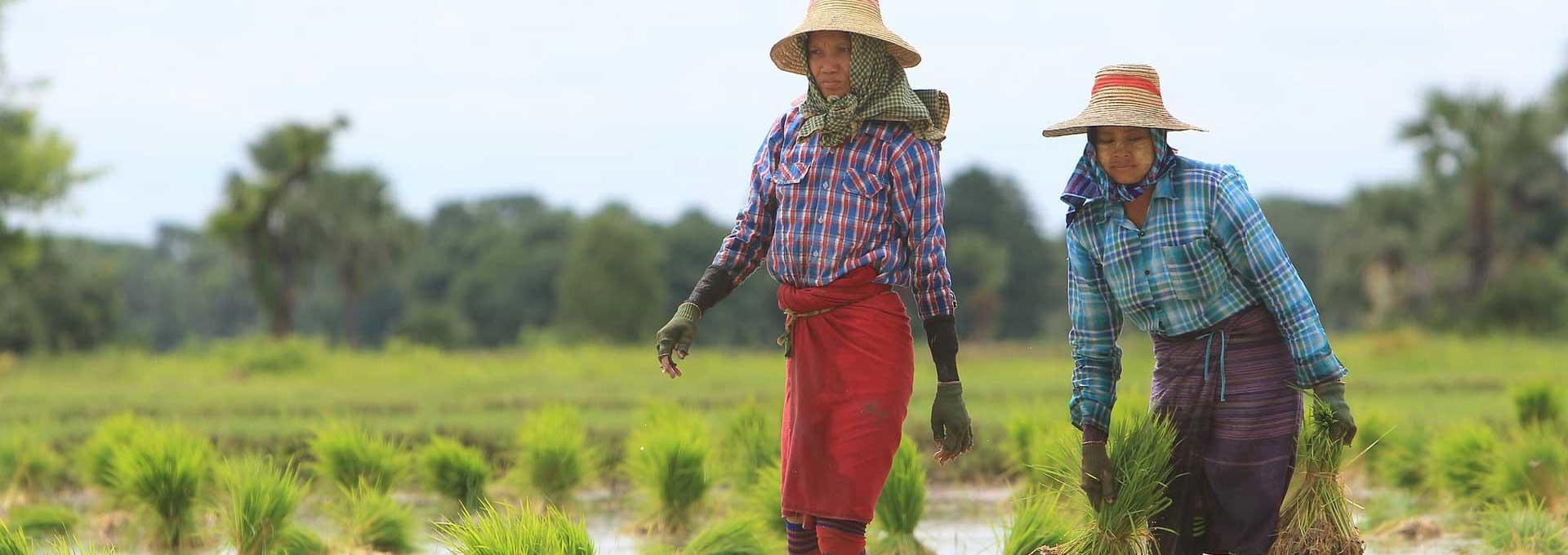

Poverty reduction, livelihoods & jobs
This initiative provides evidence on the innovations, incentives and policies most effective for creating equitable income and employment opportunities in food markets while reducing the environmental footprint from the agrifood sector.
This initiative aims to accelerate the transformation towards sustainable and inclusive agrifood systems by generating research-based evidence and innovative digital solutions.
This initiative combines state-of-the-art analytics, innovative use of data, and close engagement with national, regional and global partners to offer better insights into alternative transformation pathways that can inform choices and sharpen decision-making today, leading to more productive, sustainable and inclusive food, land and water systems in the future.
Sustainable Animal Productivity
This initiative aims to assess trade-offs and demonstrate how improvements in livestock productivity can offer a triple win: generating improved livelihoods and nutritional outcomes; contributing to women’s empowerment; and reducing impacts on climate and the environment.
This initiative aims to deliver an increase in productivity and quality per unit of input (agronomic gain) for millions of smallholder farming households in prioritized farming systems by 2030, with an emphasis on women and young farmers, showing a measurable impact on food and nutrition security, income, resource use, soil health, climate resilience and climate change mitigation.
This initiative aims to support the delivery of seed of improved, climate-resilient, market-preferred and nutritious varieties of priority crops, embodying a high rate of genetic gain to farmers, ensuring equitable access for women and other disadvantaged groups.
This initiative works with partners to help breeding programs access the tools, technologies, and shared services (TTSS) needed to develop new crop varieties quickly and efficiently.
